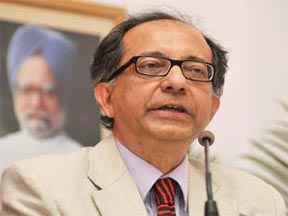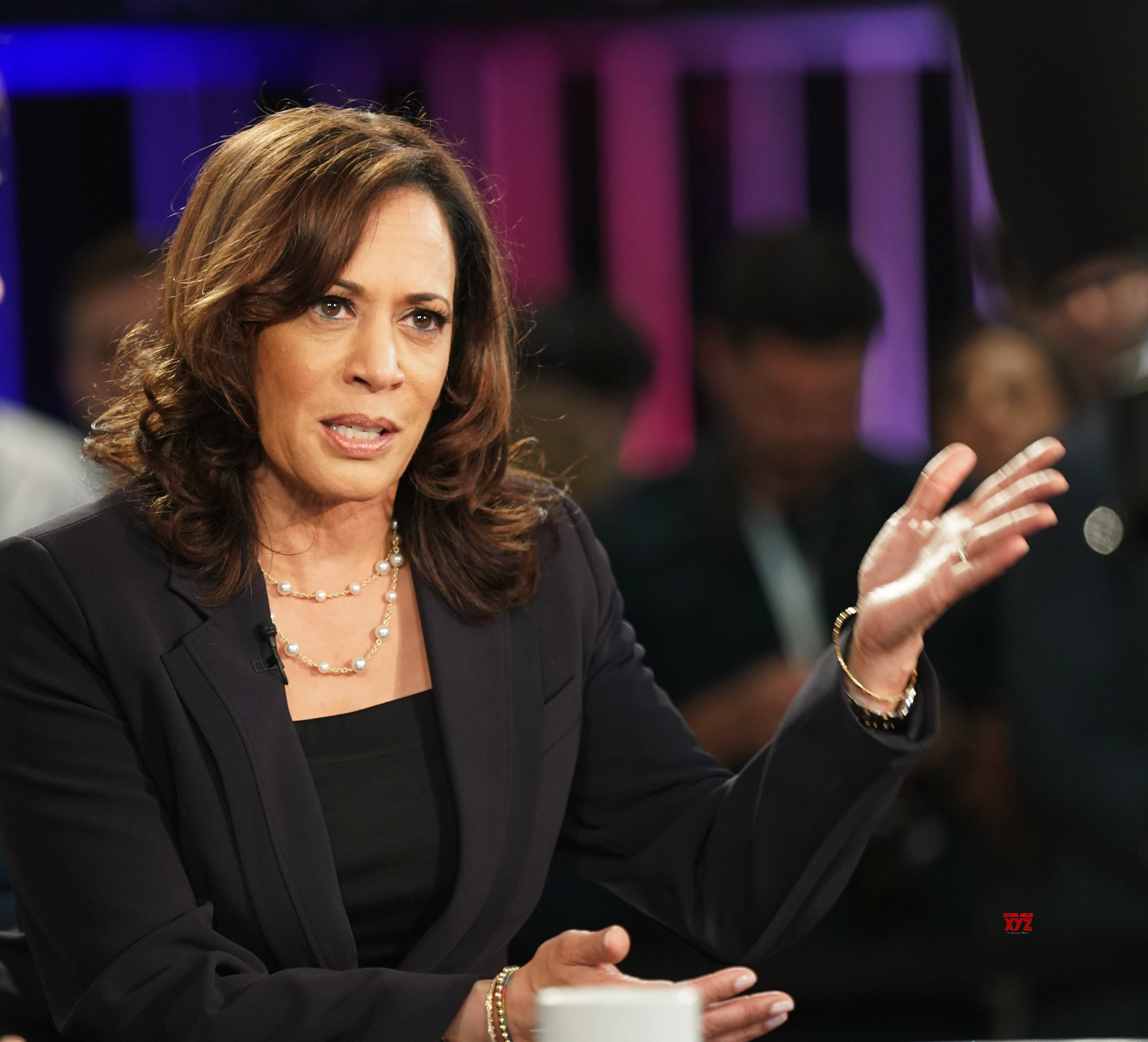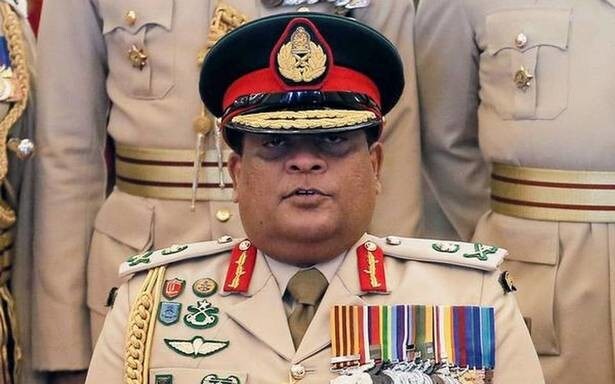 WASHINGTON: The sharp decline in global crude oil prices gives India a rare “window of opportunity” to put its fiscal house in order and carry out the much-needed economic reforms like cutting down oil subsidy, says a top World Bank official.
WASHINGTON: The sharp decline in global crude oil prices gives India a rare “window of opportunity” to put its fiscal house in order and carry out the much-needed economic reforms like cutting down oil subsidy, says a top World Bank official.
He also feels that the reforms could get the country back to higher growth rate and prepare it for any global economic crisis in the future.
“Drop in oil prices is going to have differential impact on different countries. But for a country like India, it is really an opportunity to use this window of low oil prices to put in fiscal consolidation, to put in other kinds of reforms and to get growth back up,” Kaushik Basu, Senior Vice President and Chief Economist of the World Bank, told PTI.
Before coming to the World Bank, Basu was Chief Economic Adviser to the Government of India under the previous UPA regime led by Manmohan Singh.
“I just hope that India will take advantage of the low oil prices, which we expect will remain, unlike in 2008 when the oil prices fell and bounced back within six months.
This time we expect oil prices to remain moderately low at least over the next year and may be more,” he said.
“India must take this opportunity to put in fiscal reforms and growth. India is already growing at the rate of five per cent, which is not bad, but it can get the growth going even faster,” he said.
Noting that India does spend a lot of money in oil subsidy, Basu said if at this point of time the subsidy is cut down, price would not rise sharply.
When oil prices are very high, cutting down the subsidy results in sharp increase in oil prices.
“Today is a great opportunity to cut down on these subsidies. This would cause price to rise only a little bit and in some case may be not even rise at all given that global prices are very low,” he said.
Such a move by the Indian Government, he observed, would immediately create fiscal space because you cut down on your subsidy expenditure.
If that space can be used to boost investment so that India has better infrastructure, the country would go back to the kind of growth it used to experience till a few years ago, the top World Bank economist said.
Basu, who returned from India a day earlier, said that his impression is that the government is aware of these possibilities and challenges.
“I am very hopeful and optimistic that especially at the time of the budget we will see some of the progressive reforms being put in place,” he said.
The World Bank Chief Economist was of the view that India must take full benefit of this “window of opportunity”, as one does not know how long this low oil price would last.
“Let’s say if it stays (low) for two years, if we are able to put in place some structural fiscal reforms, then even when the opportunity is gone, then there are other drivers ? our productivity has gone up, built up better ports, better roads and transport and we are growing faster. That is what we should try to do. I am hopeful that the government will do it,” Basu said.
“From my two weeks in India, I got the impression that the Government is gearing up for some change,” he said.
He described the Goods Service Tax (GST) as a “very major” move by the NDA government.
“On the whole, I am very optimistic that the reform would go through now,” he said.
Responding to a question on what should be the priority of the government at this stage, Basu said India ought to focus on two big things.
“One is infrastructural investment. Most political parties do not give emphasis to that because the benefit to that comes with a long lap…five/six years later. But it is in India’s interest to work on our roads, on our ports, infrastructure, rural irrigation,” he said.
“Number two is bureaucratic costs. India ought to have a much more efficient system of business ethos…that you get your permissions quicker. Of course, any sophisticated economy would have regulations. You can’t do without regulations. But the regulatory mechanism ought to be quick and efficient,” he said.
“So if these two major reforms India can work on in the next two years, while this window of opportunity is there, the rewards of that, we can see in the next 10 years 15 years,” Basu said. Appreciative of the steps being taken by the Modi government with regard to ease of doing business in India, Basu said it is possible that India could improve in its ranking in the World Bank’s annual ‘Ease of Doing Business’ list.
“India currently is 142nd among 189 countries. Lot of this requires nothing but a determined look at our regulatory structure. So you will have to appoint bodies with very strict instructions that in things like electricity application and permission paper work, India should be able to do it much faster. To start a business, India should be able to do it much quicker.
“Contract enforcement need to be much quicker. For these you do not need oil or resources. You need determination and a professional body on some of these regulations,” he said.
“I am very happy that the Indian Government is taking an interest in this. And if we can move from the 142nd position to the top 100 in the next few years, you would immediately be able to see an impact on the productivity and the development,” Basu said.
On the creation of ‘Niti Ayog’ to replace the Planning Commission, Basu praised the effort to involve chief ministers of States.
“This is a very welcome development,” he said.
When asked to evaluate the performance of the Modi Government since May in the area of economy, Basu said: “Frankly, it is too early to judge. Economy is a very complex body. Some of the statements that have been made are very welcome.
“These are in the direction in which the economic policy ought to move. But we have seen just a few moves – GST is one. Some of the ordinances are a welcome move. But we have to wait and see,” Basu said.–PTI






